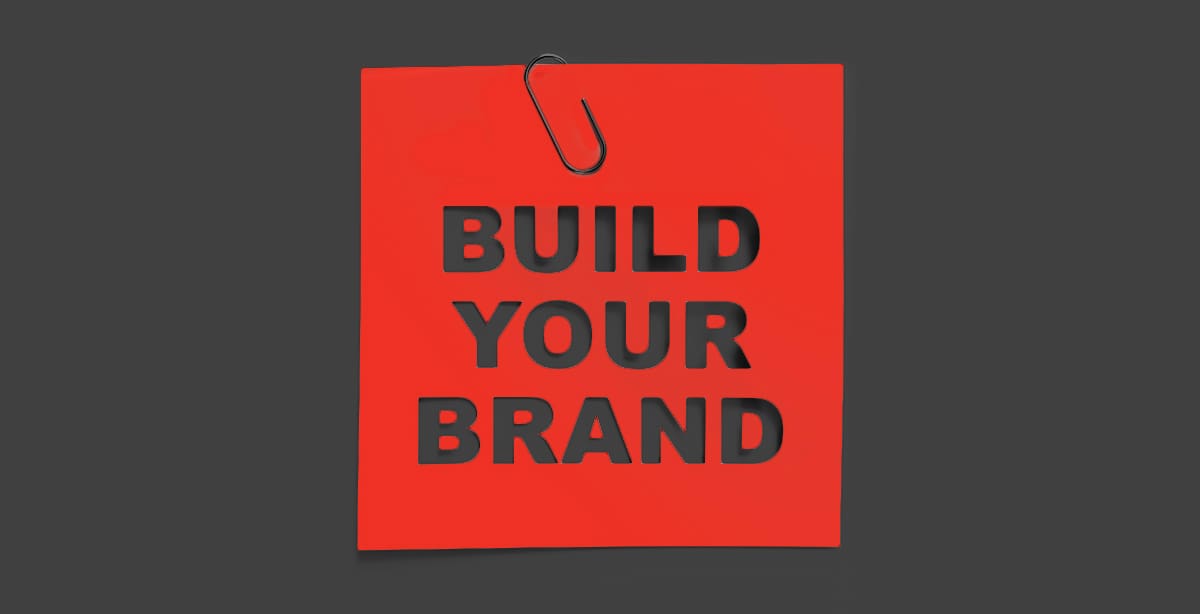For any business — large or small, new or well-established — good branding is an important key to long-term success. After all, a business’s brand serves as its public face among consumers, helping to build recognition, trust and (hopefully in the longer term) loyalty.
And a well-built brand, of course, is about much more than a distinctive company name and a recognizable logo, though each of those elements is important. Good branding should also speak to a business’s products and services, as well as its personality, its voice and its purpose. And eventually, the best branding even conveys a company’s vision and values to consumers.
7 branding tips for small businesses
Unfortunately — and especially for small and start-up businesses — branding can tend to be overshadowed by other priorities related to day-to-day business operations, and it can even get lost in the shuffle altogether. But to help support the long-term success of a business, its leaders must make branding a priority from the beginning, and strive to never lose sight of it.
To get your small business’s branding off on the right foot, consider these seven branding tips from the certified brand strategists at Brandon for building a brand that resonates with consumers and sticks for your company:
1. Firmly establish your brand’s purpose
A good first step in the branding process is to discern your brand’s purpose. Precisely nailing down your brand’s purpose involves thinking deeply about your business and answering a handful of fundamental questions about it, including:
- What pain points do your products/services solve?
- What sets you apart from the competition?
- Why should consumers care about your brand and its offerings?
By knowing the answers to questions such as these, you can garner the insights needed to connect with consumers more effectively.
2. Consider the competition
By thoroughly researching and evaluating your competition, you can determine how they are positioning themselves in the marketplace and discover the branding strategies they are employing. Knowing these things can help you learn where to position your brand and how to better set it apart from your competitors.
3. Understand your ideal audience
Knowing what your ideal consumers’ needs are and what drives them is a big key to developing a brand that will effectively connect with them. One important thing to consider here is that going big isn’t always the best tactic in this area, as zeroing in on a smaller, more niche target market segment can help you speak more directly to its members. Whatever audience you choose, the deeper an understanding you can develop of its members, the easier it will be to create compelling messaging and branding that truly “gets” them and connects on a persuasive, personal level.
4. Carefully craft your brand identity
Your brand’s identity runs much deeper than its logo, colors and other visuals (but it should influence all of these). A brand identity encompasses your guiding beliefs, values, goals and mission, as well as its voice, conception story and market differentiators.
A good start in determining all of these is to carefully describe your brand, then put some serious thought into what it stands for and what you’d like for consumers to see in it. And once the brand identity is well-established, it can be harnessed to guide the choices on brand assets such as:
- Name
- Logo
- Color palette
- Fonts
- Taglines and slogans
- Messaging
- Personality
5. Be true to yourself
When you are developing your brand identity, it’s important to be genuine and true to your company, its beliefs and its vision. By doing so, you’ll help ensure that your brand messaging comes naturally, easing your company communications moving forward and allowing you connect with consumers authentically — which, of course, will lead to higher levels of brand success in most cases.
6. … and set yourself apart
The most successful brands have discernable differentiators that help them stand out to consumers in a crowded marketplace. To find yours, carefully assess your business to determine what sets it apart from the competition. And whatever the answer may be — whether it pertains to your product and/or service offerings, your customer service, your brand’s personality or anything else — make sure that it’s included in your branding strategy and emphasized in your marketing efforts whenever possible.
7. Internalize the brand
Once your brand has been clearly established, it is important that it is incorporated into all aspects of your business. This includes ensuring that each employee knows his or her role in maintaining the brand, and that your brand’s differentiators are harnessed to advance the brand. By doing all of this and staying consistently on-brand in your decisions, messaging and marketing efforts, you can help ensure that your brand is central to your business’s operations, evolution and growth.
At Brandon, we use a proven process known as Convergence to thoroughly evaluate an organization’s brand and develop a single-minded platform upon which it can flourish. Our proven brand-development process focuses on understanding your customers, what they want, who you are as an organization, why you exist, what makes you different and why that is important to your customer. The results: amplified consumer appeal, enhanced brand awareness, and a deeper understanding of your organization’s value and desired destination.
Could your small business use more branding tips, or even the help of a team of experienced marketing professionals when establishing and building your brand? At Brandon, our team of data-driven marketing experts not only has a wealth of experience launching brands and leading them to success in the marketplace — but we’re also one of only 24 certified brand strategy consultancies in the nation. This designation reflects our unique expertise in developing new brand road maps from scratch as well as in refreshing legacy brands. Contact us today to discuss how we can help your brand and business grow.

